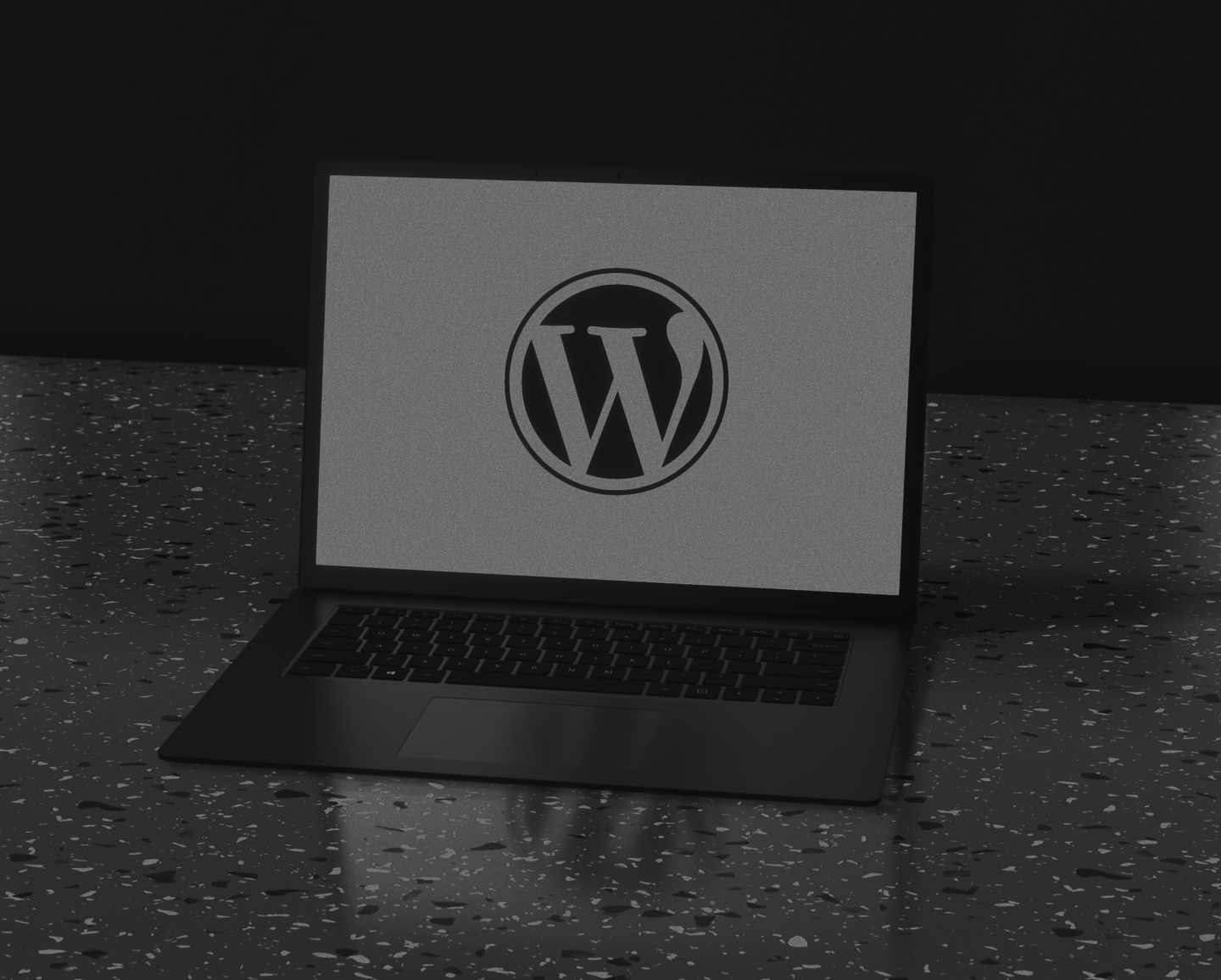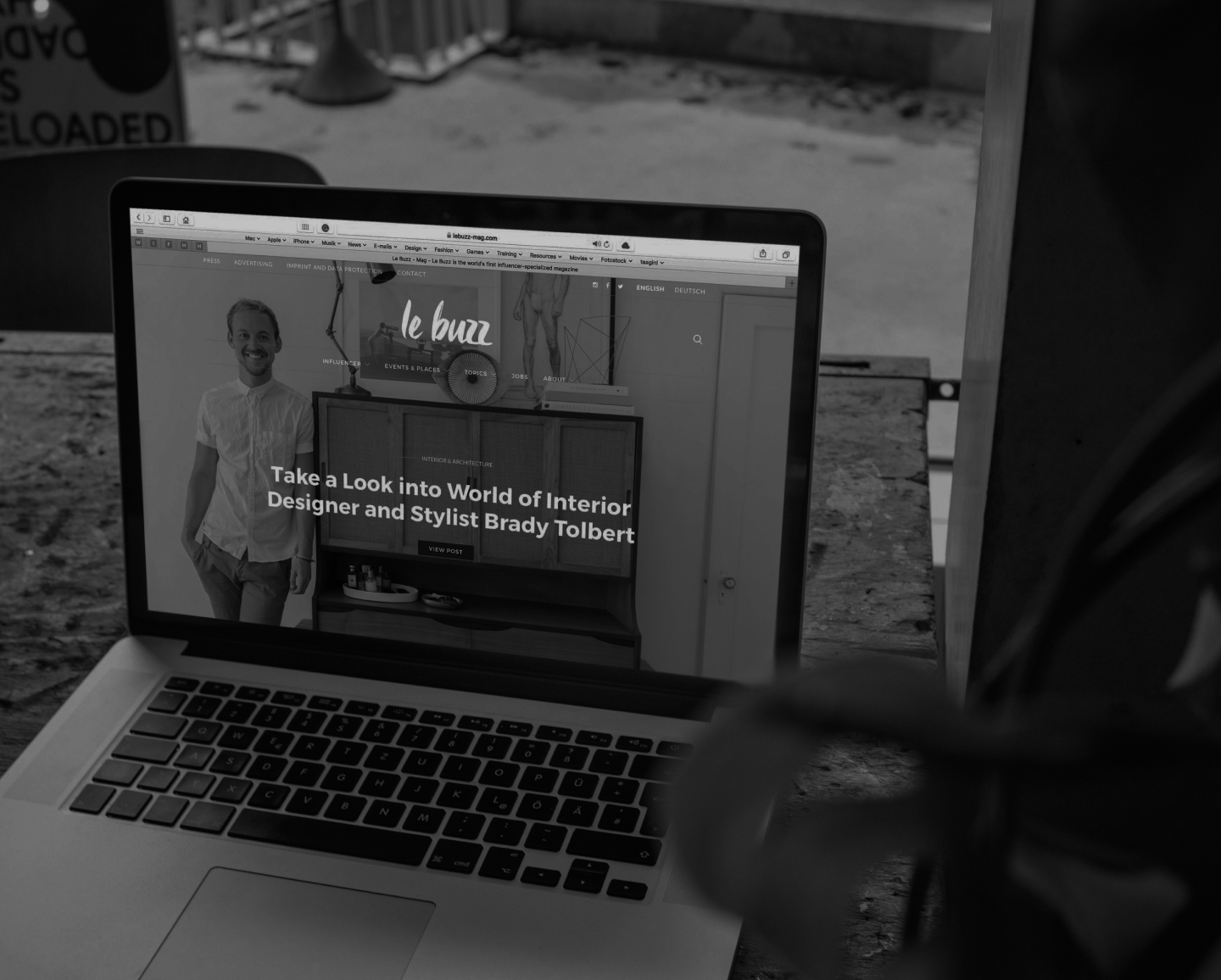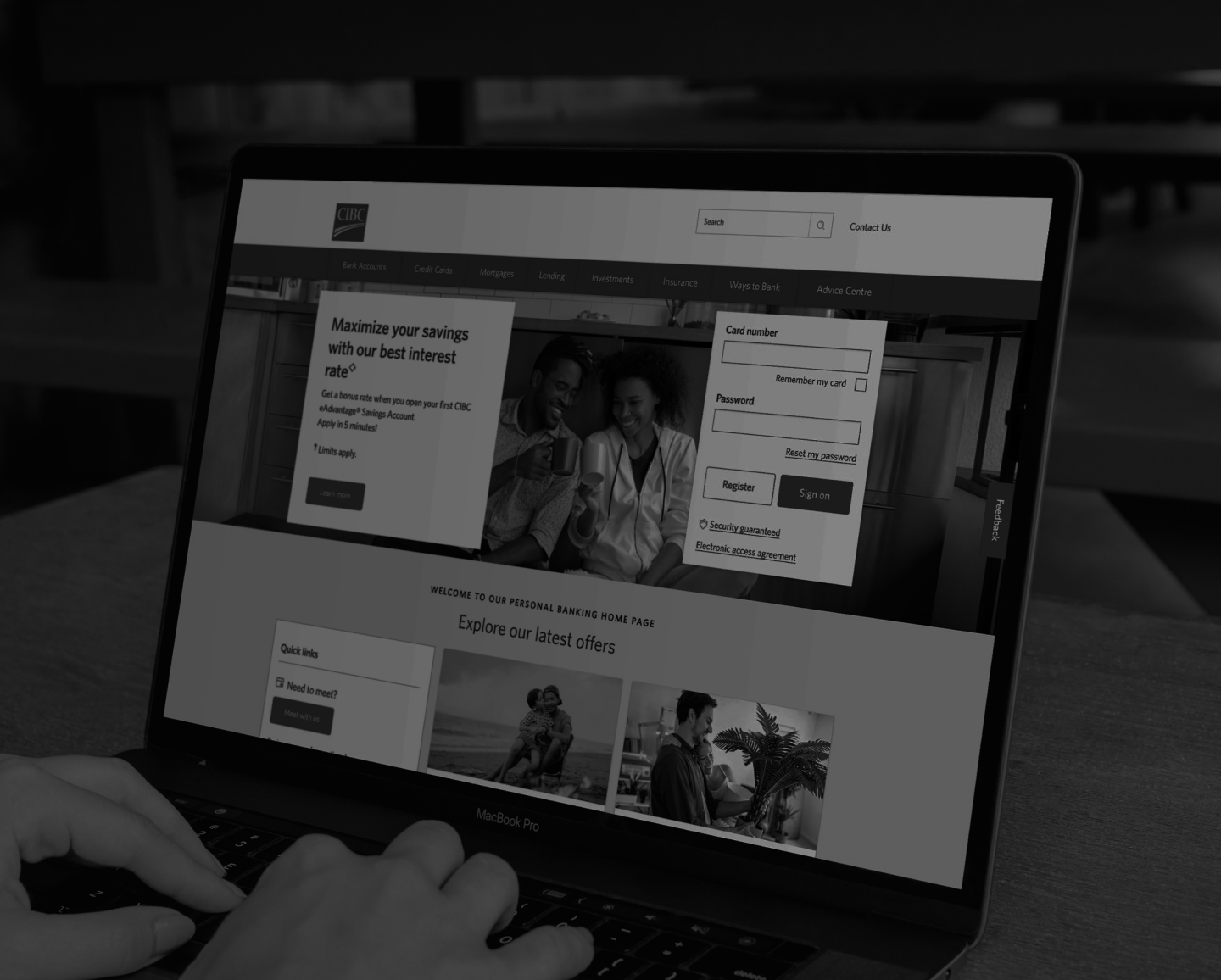Introduction
An effective marketing strategy helps hotels attract guests, increase bookings, and reduce reliance on third-party platforms. As digital platforms shape traveler behavior, hotels must use multiple marketing channels to stay competitive. These channels include SEO, social media, email marketing, paid advertising, and travel agency partnerships. SEO improves visibility, PPC targets high-intent travelers, and direct booking incentives encourage repeat stays.
This article covers the top hotel marketing channels with actionable tips to increase bookings and profitability. Whether you operate a boutique hotel or a large chain, learning the right marketing approach will help you stand out and grow your revenue.
What Are Hotel Marketing Channels?
Hotel marketing channels are the pathways you use to connect with travelers. Think of them as bridges: some are digital (like your website or Instagram ads), others are traditional (like travel magazines or local partnerships). Each channel serves a purpose.
Digital channels such as Booking.com, Google Ads, and email newsletters let you target specific audiences, track results in real-time, and adjust campaigns quickly. Meanwhile, traditional methods, including print brochures, billboards, and radio ads, work better for local promotion or attracting niche groups, such as luxury vacation enthusiasts.
An optimal strategy includes balancing these tools. Relying solely on one channel, such as Instagram, can severely limit your audience. A variety of channels ensures that you meet guests where they are, whether they are scrolling through TikTok before bed or flipping through a guidebook at a travel agency.
Not all marketing channels are created equal. Some require more budget, others more creativity. But these five hotel marketing channels deliver results for almost every property:
- Online Travel Agencies (OTAs).
- Social Media.
- Email Marketing.
- Search Engine Optimization (SEO).
- Your Website.
Let’s take a closer look at these channels.
Online Travel Agencies (OTAs)
OTAs are a double-edged sword. On one hand, they bring in customers; on the other hand, they demand high commissions. To use them effectively, it’s essential to consider several factors.
First, optimize your profile. Use professional photos that highlight your hotel’s features, such as a fireplace in the room, a rooftop bar, or pet-friendly amenities. Descriptions should answer guests’ questions, such as “Is there parking?” or “How far is the beach?” Regularly update your booking calendar to avoid overbooking.
Second, stand out from the competition with additional perks. Travelers browse hundreds of listings, and small free perks, like welcome drinks, late checkout, or an airport shuttle, can tip the scale in your favor.
Finally, manage reviews. One negative comment (“Wi-Fi didn’t work!”) can harm your reputation. It’s important to respond promptly to complaints, offer solutions, and encourage satisfied guests to leave positive reviews, possibly by offering discounts on future bookings.
Social Media
Social media is not just about pretty pictures; it’s a powerful storytelling tool. Potential guests need to feel the atmosphere of your hotel even before they arrive.
One of the most effective techniques is using User-Generated Content (UGC). Post photos of guests (with their permission) and tag them in your posts. This creates a sense of trust and authenticity, as real reviews are more credible than advertising posts. Encourage guests to share their experiences by offering incentives like discounts on future stays or featuring their content on your official page.
Another strategy is virtual tours. Use Instagram Stories or YouTube to showcase rooms, the lobby, and the surroundings. Add text with a call to action, such as “Your perfect weekend starts here!” with an active booking link. You can also experiment with live Q&A sessions, where potential guests can ask about amenities, services, or special offers in real-time.
Besides organic content, targeted advertising campaigns also work well. Set up ads for users who visited your website but didn’t complete the booking, as well as for those searching for hotels in your area. A lookalike audience based on previous guests can also deliver good results. Additionally, consider partnering with influencers or travel bloggers to expand your reach. A well-placed review or a sponsored post from a trusted travel personality can introduce your hotel to a highly engaged and relevant audience.
Finally, engagement is key. Social media isn’t just about posting – it’s about interaction. Respond to comments and messages promptly, engage with potential guests by asking questions in your captions, and create polls or quizzes to boost engagement. The more active and responsive your social media presence, the more likely guests are to choose your hotel when booking their next trip.
Email Marketing
Email marketing might seem outdated in the age of TikTok and AI, but it’s still one of the most cost-effective hotel marketing channels for building loyalty. Why? Guests who’ve already stayed with you trust your brand – they just need a nudge to return. A well-crafted email can remind them of the amazing poolside cocktails they enjoyed or the cozy fireplace in their suite.
Start by segmenting your audience. Not all guests are the same:
- Family travelers might appreciate a “Kids Stay Free” offer during school breaks.
- Couples could be tempted by a romantic “Weekend Getaway” package with champagne and couples’ massages.
- Business travelers may prioritize fast Wi-Fi and late check-out options.
Personalization goes beyond just adding a name. Use past booking data to tailor offers. For example, if a guest booked a spa package last time, send them a discount on a repeat visit. Timing matters too: Send a “We Miss You” email 3–6 months after their stay, or a “Last-Minute Deal” alert during slow seasons.
Avoid generic subject lines like “Special Offer Inside!” Try something playful: “Your Perfect Winter Escape Is Waiting…” or “Exclusive Deal – Just for You!” Include clear calls to action (“Book Now,” “Claim Your Discount”) and link directly to your booking page.
Finally, track open rates, click-throughs, and conversions. If emails aren’t performing, test new formats: Swap long paragraphs for visuals (e.g., a video tour of your newly renovated rooms) or add a QR code linking to your website.
Search Engine Optimization (SEO)
When travelers Google “best hotels in Miami” or “affordable beach resorts,” you want your property on the first page. SEO helps you get there by aligning your website with what guests are searching for.
Start with keyword research. Tools like Google Keyword Planner or Ubersuggest reveal popular phrases like “pet-friendly hotels near me” or “luxury suites with ocean views.” Prioritize “long-tail keywords” (e.g., “budget hotels in Miami for families”) – they’re less competitive and attract targeted traffic.
Next, optimize your website’s content:
- Include keywords naturally in page titles, headers, and meta descriptions.
- Write detailed descriptions of rooms, amenities, and nearby attractions.
- Publish blogs targeting traveler questions: “Top 5 Romantic Restaurants Near Our Hotel” or “How to Plan a Perfect Miami Weekend.”
Local SEO is critical for hotels. Claim your Google My Business profile, ensure your name/address/phone number (NAP) is consistent across directories, and encourage guests to leave reviews. Google prioritizes businesses with fresh, positive reviews.
Don’t forget technical SEO:
- Improve page speed (aim for under 3 seconds).
- Fix broken links.
- Use alt text for images (“King Suite with Balcony – Ocean View Hotel”).
Your Website
Your website is the backbone of your hotel marketing channels. If it’s slow, cluttered, or hard to navigate, travelers will book elsewhere within seconds. Start with mobile optimization: Over half of travelers book stays on their phones, so ensure buttons are easy to tap, forms auto-fill, and images load quickly.
Design matters. Use high-quality photos of your rooms, dining areas, and amenities. Avoid stock images – guests want to see the real deal. Add a virtual tour or video walkthrough to build trust.
Simplify the booking process. Reduce steps to three: Select Dates > Choose Room > Enter Details. Offer guest favorites like:
- “Book Now, Pay Later” options.
- Instant confirmation emails.
- Clear cancellation policies (display these upfront!).
Drive direct bookings with exclusive perks. For example: “Book through our website and get free breakfast” or “Direct reservations include a room upgrade.” Highlight these offers on your homepage and booking page.
Finally, build trust with:
- Guest reviews and ratings.
- Security badges (SSL certificate, secure payment icons).
- Live chat support for instant questions.
A great website doesn’t just sell rooms – it tells your hotel’s story and makes travelers excited to hit “Book Now.”
Distributing your budget across channels is also important. You can allocate 50% to OTAs and digital advertising for quick results, 30% to website development and SEO for long-term growth, and the remaining 20% to social media and email marketing to build relationships with guests.
Avoid These Common Hotel Marketing Channels Mistakes
Even the best hotels make mistakes in their marketing strategies. A small oversight can result in missed bookings, lower guest satisfaction, or even negative reviews. Here are some common missteps and how to avoid them.
1. Ignoring Mobile Users
Most travelers book hotels via smartphones, whether they’re searching on Google, scrolling through Instagram, or using a booking app. If your website loads slowly, isn’t mobile-friendly, or has buttons that are too small to click, potential guests will simply leave and book with a competitor. Ensure that your site is optimized for mobile by using a responsive design, fast-loading images, and an intuitive interface. Simple tweaks – like larger call-to-action buttons and click-to-call functionality can make a big difference.
2. Neglecting Repeat Guests
It’s far more expensive and difficult to attract new guests than to retain those who have already stayed at your hotel. Past guests are familiar with your property and more likely to book again if given the right incentive. Send personalized offers based on their previous stay, such as discounts on their favorite room type or complimentary services. Thank-you emails, VIP loyalty programs, and exclusive early booking deals can turn one-time visitors into lifelong guests. The key is to make them feel valued and appreciated.
3. Copying Competitors Without Analysis
Just because a strategy works for another hotel doesn’t mean it will work for you. Each property has a unique audience with different preferences and behaviors. If your ideal guests are business travelers, LinkedIn and Google Ads might be more effective than TikTok. If your audience is over 50, prioritize Facebook and email marketing rather than relying solely on trendy social media platforms. Instead of blindly following competitors, conduct research, track performance metrics, and refine your strategy based on actual data.
4. Relying Too Much on a Single Marketing Channel
Diversification is essential. Relying exclusively on OTAs, for example, can eat into profits due to high commissions, while focusing only on social media may limit your audience reach. A balanced marketing mix – including direct bookings, social engagement, email campaigns, and digital advertising – ensures long-term success.
By identifying and eliminating these common mistakes, you can strengthen your hotel’s marketing approach, improve the guest experience, and ultimately increase bookings.
How LENGREO Can Help Optimize Your Hotel Marketing Channels
While you can manage your hotel’s marketing on your own, partnering with a professional digital marketing firm can improve your strategy and avoid the mistakes we’ve mentioned above.
When choosing a firm, look for those with experience, a proven track record, and knowledge of the latest marketing techniques.
To get the best results, be clear about your goals and expectations. Do you want to increase direct bookings, improve your website’s search rankings, or increase social media engagement? A well-structured brief with key performance indicators will help agencies tailor their strategies to your needs. Additionally, establish a transparent communication process by requesting regular performance reports to measure success and adjust campaigns accordingly.
Choosing the right hotel marketing channels is critical to maximizing visibility and increasing direct bookings. And hoteliers don’t have to do it on their own.
At LENGREO, we help hotels navigate their digital business with multi-channel strategies tailored to their needs. Effective digital channels are key to reaching your audience, and we optimize them to connect with guests at every touchpoint.
Our strategy integrates the main digital channels. We maximize their impact with personalized approaches based on your audience’s preferences. Here’s how we do it:
- Search Engine Optimization (SEO): Through SEO, we optimize your site with keywords like “best hotels in [city]” to boost organic traffic.
- Pay-Per-Click (PPC) Advertising: Our Paid Ads on Google, Meta, and LinkedIn target active searchers, using retargeting for past visitors.
- Social Media Marketing: With Social Media & Content Marketing, we craft posts – Instagram reels or TikTok stories – to drive bookings.
- Email Marketing: Personalized sequences promote offers and nurture loyalty with post-stay thank-yous.
- Direct Booking Optimization: Via Website Development, we create responsive sites that simplify reservations.
We launch targeted Google and Facebook ads for high-intent travelers, like families or couples, and create interactive social content – polls or live tours – to engage guests. Email campaigns keep leads warm with offers, while our Lead Generation & Appointment Setting connects you with corporate clients and travel partners for consistent bookings. Our digital-only approach ensures broad reach and effectiveness.
We’re pretty good at opening doors for new clients – check out our website and see how we sparked over 50 business opportunities for a UK-based architecture firm. Your hotel could see a similar increase in guest connections! Contact us for a free consultation on expanding your hotel’s digital presence.
By preparing for future trends and taking advantage of expert marketing, your hotel can stay ahead of the curve, attract more guests, and build a strong brand presence in an increasingly competitive market.
The Future of Hotel Marketing Channels
Two trends will shape hotel marketing in the next 5 years:
- AI-Powered Personalization: Chatbots will handle bookings and answer questions 24/7. Tools like ChatGPT can draft email campaigns or social media posts tailored to guest preferences (e.g., family travelers vs. solo adventurers).
- Sustainability as a Selling Point: Travelers increasingly choose eco-friendly stays. Highlight initiatives like solar power, zero-waste policies, or partnerships with local farms. Add a “Green Stay” package with perks like bike rentals or reusable toiletries.
How to prepare now?
- Train your team on AI tools.
- Audit your sustainability practices.
- Experiment with short-form video (TikTok, Reels) to engage younger travelers.
Build your unique marketing mix. There’s no one-size-fits-all formula. A beach resort might thrive on Instagram, while a business hotel relies on Google Ads. Remember, even the Ritz-Carlton started with a single guest. Focus on what makes your hotel special, and use hotel marketing channels to shout it from the rooftops.
The guests are already at the door. All you have to do is get their attention!
Conclusion
Create your own unique marketing mix because there is no one-size-fits-all solution. A beach resort might thrive on Instagram, while a business hotel will attract customers through Google Ads. The key is to analyze your current channels, test new ones, and track the results. Start with small changes, like updating your OTA profile or launching an email campaign, and gradually expand your strategy.
To avoid taking unnecessary steps and making more mistakes, contact a professional agency. Experts can help refine your approach, optimize campaigns, and ensure your marketing efforts align with industry trends. A strategic partnership with a digital marketing firm can save time, boost efficiency, and maximize your return on investment.
Remember, whatever you do, the most important thing is to stand out, stay flexible, and keep up with changing guest preferences. Engage with your audience, listen to their feedback, and adapt your messaging accordingly. Success in hotel marketing is a continuous process – embrace innovation, refine your strategies, and watch your bookings grow.










